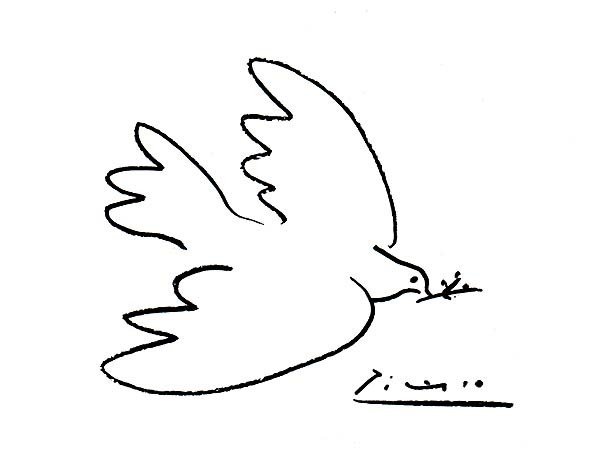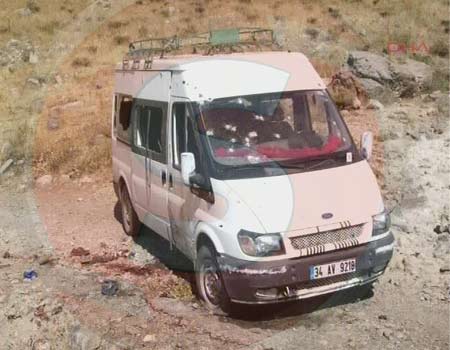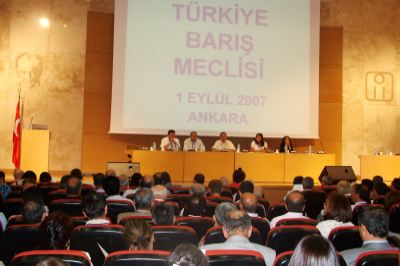"Violence can take the place of the actual problem. Then, violence, rather than the real issue is talked about. The terms 'terror' and 'terrorist' hide the issue and make debate impossible."
Prof. Dr. Mithat Sancar's book "Settling with the Past: From the Culture of Forgetting to the Culture of Remembering" has been published this month. It discusses the need for societies to come to terms with traumatic events in the transition to nation-states and ways of doing so.
Speaking at the conference in Diyarbakir which took place on 29 and 30 September ("Kurds in Turkey: Main Requirements for a Peace Process"), Sancar had argued that there were two main models for ending conflict.
The Bargaining Model
The first model, the bargaining model, consists of two sides acknowledging each other's existence and sitting down at a table to negotiate. The aim of these negotiations is to achieve agreement and produce a document which includes institutional measures.
These negotiations require intermediaries. For instance, the United Nations were intermediaries in the conflicts in Guatemala and El Salvador.
However, argues Sancar, although these negotiations often seem promising, in more than half the cases conflicts continue in a more violent manner.
The Social Transformation Model
In this model, so Sancar, the conflict and the actual problem are, to a certain extent, treated as separate issues. In this strategy, there is no limitation to two sides; rather, many actors, including armed groups, are anticipated and other issues affecting the problem are also taken into account.
"The whole society is transformed in the debate on peace and democracy," says Sancar. This is a more protracted, but also more effective strategy, he argues.
General amnesty and freedom of expression
As far as ethnic conflicts are concerned, Sancar argues that there is never a "definite victory" and that violence can only be ended with specific measures. One of them is a "general amnesty" in order to disarm armed groups. Such a step, however, needs to be taken with clear legal techniques and the way needs to be paved politically.
Freedom of expression is critical in this process: "It is important to allow thoughts which have been expressed through the use of arms to be expressed without guns."
Consider other actors
International developments affect social transformations directly. Thus, the Kurdish question also needs to consider Iraq and the Northern Iraqi region as actors:
"A necessary step is to continue a peaceful politics towards Northern Iraq, to form a civilised relation of solidarity. This step has to be considered together with other steps in Turkey towards peace."
Thinking "upside-down"
Sancar used a concept of Uruguayan writer Eduardo Galeano's book "Upside-Down". He argues that "thinking the reverse" can be a helpful method.
He gave the following examples:
"Instead of arguing, 'If conflict ends, there will be democratisation', thinking, 'With democratisation, the conflict will end more easily'; instead of arguing, 'If Northern Iraq does what Turkey wants, peaceful relations will be formed', thinking, 'If peaceful relations are formed, we can cooperate with Northern Iraq.'" (TK/AG)














